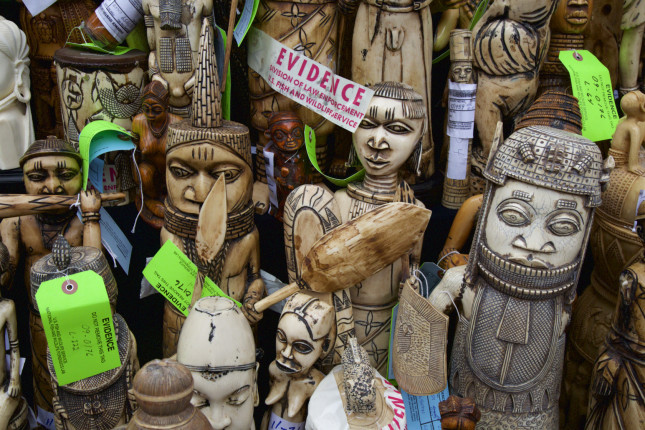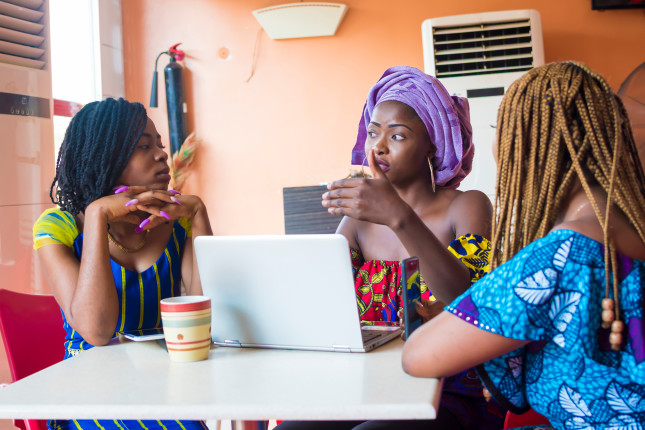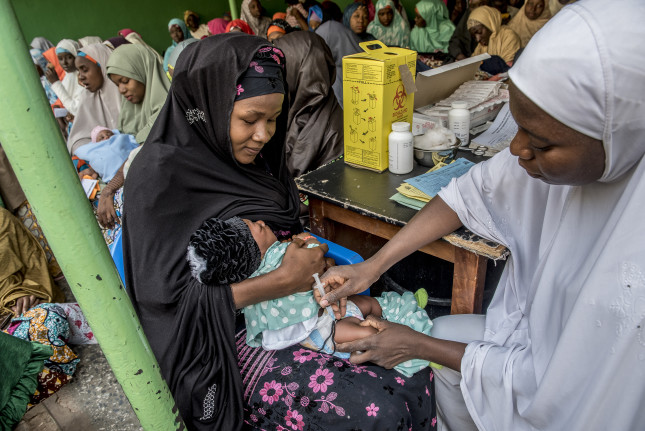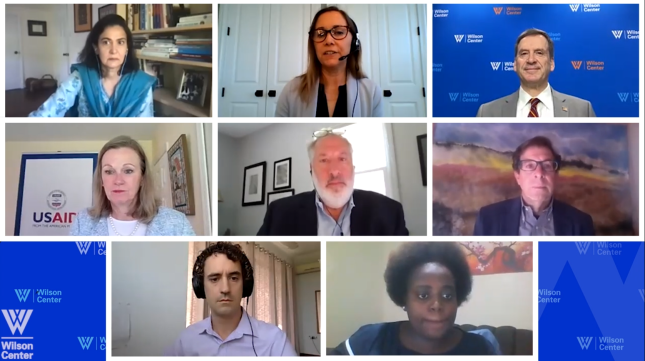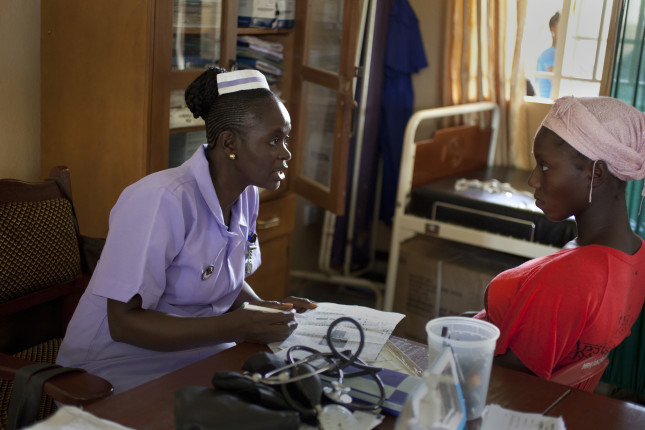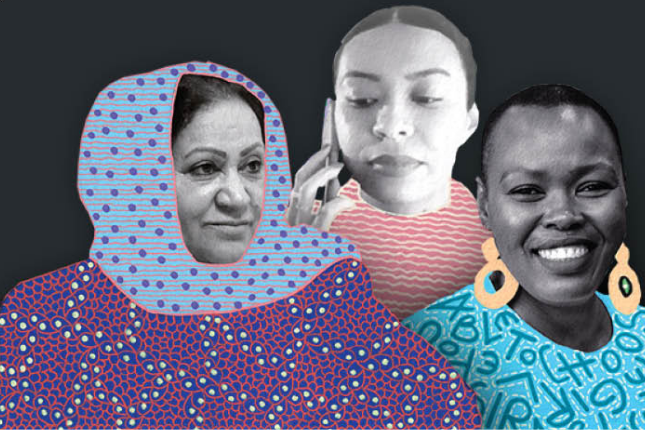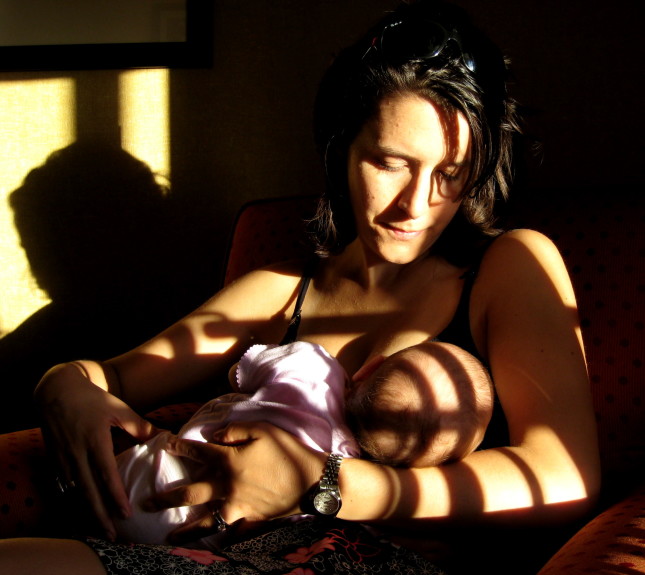-
No Vaccine to End the Shadow Pandemic of Gender-Based Violence
›“Addressing gender equity and equality is essential to every other challenge we face,” said U.S. Vice President Kamala Harris in a recent speech at the Generation Equality Forum. Following the forum, countries across Francophone Africa made key commitments to end gender-based violence (GBV), including child marriage.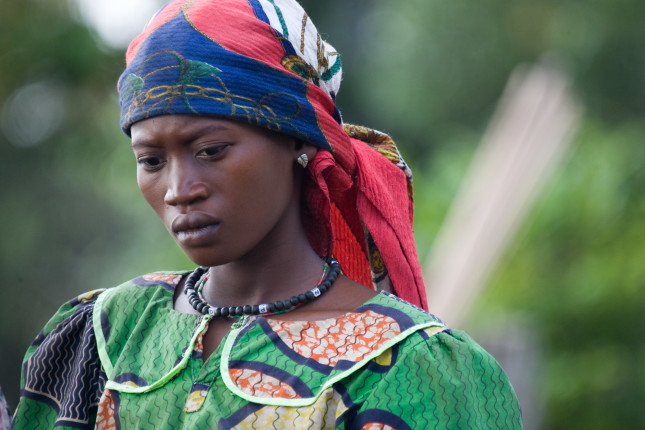
-
Taking Action to Address Wildlife Crime’s Environmental, Health, and Security Risks
›
“This COVID-19 pandemic has reminded us, albeit in a devastating way, of the interconnected nature of things, most particularly between economies, the environment, human and wildlife health and welfare,” said John Scanlon AO, the former Secretary-General of the Convention on International Trade in Endangered Species (CITES) and Chair of the Global Initiative to End Wildlife Crime, at a recent Wilson Center event on wildlife crime’s connection to human health and security. Despite its serious implications for a broad swath of issue areas, wildlife crime and trafficking remain under-studied and under-regulated. At the event, experts from diverse fields in defense, global health, and conservation highlighted the need for international cooperation to mitigate wildlife crime’s impact on environmental degradation, the spread of zoonotic disease, and transnational security threats.
-
We Have to Put the Last Mile First: Ensuring Sexual and Reproductive Health for All
›
Whether marginalized populations, such as adolescents, LGBTQ+ people, migrant workers, and sex workers are included in health services can be a “litmus test” of our progress towards universal health coverage (UHC), said Sivananthi Thanenthiran, Executive Director of Asian-Pacific Resource and Research Centre for Women (ARROW). Thanenthiran spoke at a recent Wilson Center event with the United Nations Population Fund (UNFPA) and the World Health Organization (WHO) Department of Sexual and Reproductive Health and Research about the importance of engaging stakeholders in sexual and reproductive health (SRH) to achieve UHC for all. In SRH services, the most marginalized and most vulnerable populations are often left out, she said. When engaging stakeholders, representatives from these groups must be included to ensure equity in healthcare services.
-
Vaccines, Family Planning, and Freedom from Violence: Achieving Equity for All Women and Children
›
“From birth, from almost from cradle to grave, girls have been seen as some sort of baggage,” said Shamsa Suleiman, Project Management Specialist for Gender and Youth at the U.S. Agency for International Development (USAID), Tanzania. Suleiman spoke at a recent Wilson Center event with USAID MOMENTUM Country and Global Leadership about balancing power dynamics to achieve equity for all women and children in maternal, child, and adolescent health, and family planning. Home should be a safe space, said Suleiman. But for many girls, it no longer is. To escape the poverty and pressures at home, including early marriage and other forms of gender-based violence, some girls leave, said Suleiman. “Girls are trying to escape the safe spaces.”
-
50 Years and Billions Spent: Achieving Universal Access to Water, Sanitation, and Hygiene (WASH) Within Reach
›
“Reporting on the progress made, the challenges that remain, and impact of COVID-19 on the WASH sector is crucial,” said Ambassador Mark Green, President, Director, and CEO of the Wilson Center and former USAID Administrator, during his opening remarks at a recent event hosted by the Wilson Center and Circle of Blue to discuss the WASH Within Reach project.
-
State of the World’s Midwifery Report 2021: Follow the Data, Invest in Midwives
›
“Every day in every part of the world, midwives save the lives of women and babies and promote the health and well-being of entire communities,” writes UNFPA Executive Director Dr. Natalia Kanem in honor of International Day of the Midwife. “They deserve our respect and gratitude, but that is not enough. Midwives deserve greater investment in their capabilities, and workplaces that empower them and fully acknowledge their skills and contributions.” Investment in midwifery could save millions of lives per year – an estimated 4.3 million annually by 2035.
-
My Body, My Voice, My Choice: Launching UNFPA’s 2021 State of World Population Report
›
“As we’re talking, the bodily autonomy of millions of women and girls around the world is still denied,” said Klaus Simoni Pedersen, Acting Director of the Division of Communications and Strategic Partnerships for the United Nations Population Fund (UNFPA) at the recent U.S. launch event of the 2021 UNFPA State of the World Population report, hosted by the Wilson Center and UNFPA. The report, My Body is My Own: Claiming the Right to Autonomy and Self-Determination, examines the global status of women and girls as reflected in their agency and decision-making power.
-
How We Birth Babies Makes It Hard to Breastfeed
›
Breastfeeding may seem natural. Yet many women find it hard to get off to a good start with breastfeeding. Sharp decreases in breastfeeding rates around the world reflect this continuing challenge. While most women still choose to breastfeed, many ultimately feel they have no other choice than to stop breastfeeding earlier than anticipated. In the UK, 80 percent of mothers surveyed said they stopped breastfeeding before they wanted to. Many women describe shattered expectations, feelings of deep sadness, guilt, and anger from their breastfeeding experience.
Showing posts from category health systems.


